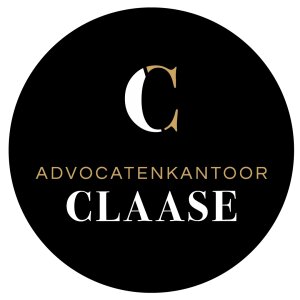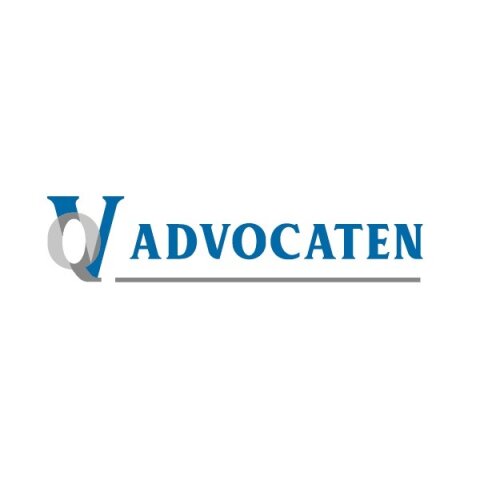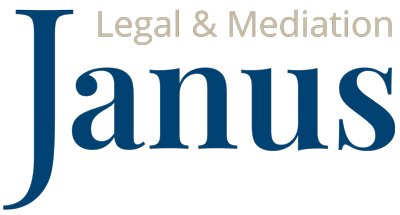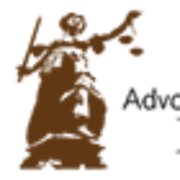Best Drugs & Medical Devices Lawyers in Netherlands
Share your needs with us, get contacted by law firms.
Free. Takes 2 min.
Or refine your search by selecting a city:
List of the best lawyers in Netherlands
About Drugs & Medical Devices Law in Netherlands:
The Netherlands has strict regulations governing the use and distribution of drugs and medical devices. These laws are in place to ensure the safety of patients and consumers. The Dutch Medicines Act and Medical Devices Act outline the requirements for the production, marketing, and use of drugs and medical devices in the country. It is important to adhere to these laws to avoid legal issues.
Why You May Need a Lawyer:
Legal assistance may be necessary in situations such as: seeking approval for a new drug or medical device, dealing with regulatory compliance issues, handling product liability cases, or facing legal action related to drugs or medical devices. A lawyer can provide guidance and representation to navigate the complex legal landscape in this field.
Local Laws Overview:
In the Netherlands, drugs are regulated by the Opium Act, which classifies substances into different schedules based on their potential for abuse and medical use. Medical devices are governed by the Medical Devices Act, which sets standards for safety, quality, and performance. It is important to be aware of these laws and comply with their requirements.
Frequently Asked Questions:
1. What are the penalties for drug offenses in the Netherlands?
Penalties for drug offenses in the Netherlands vary depending on the type and quantity of the substance involved. Possession, trafficking, and production of drugs can lead to fines, imprisonment, or other sanctions.
2. How are medical devices regulated in the Netherlands?
Medical devices in the Netherlands are regulated by the Health and Youth Care Inspectorate (IGJ), which oversees the safety and quality of these products. Manufacturers must comply with European Union regulations and obtain CE marking before marketing their devices.
3. Can I import drugs or medical devices into the Netherlands?
Importing drugs or medical devices into the Netherlands requires approval from the Dutch Healthcare Authority (NZa) and compliance with regulations. It is important to ensure that the products meet the necessary standards before bringing them into the country.
4. What should I do if I suspect a drug or medical device is unsafe?
If you suspect that a drug or medical device is unsafe, you should report your concerns to the IGJ or the Netherlands Pharmacovigilance Centre Lareb. They can investigate the issue and take appropriate action to protect public health.
5. How can a lawyer help me with a drug or medical device case?
A lawyer specializing in drugs and medical devices can provide legal advice, represent you in disputes or litigation, assist with regulatory compliance, and negotiate settlements on your behalf. They can help you navigate the complexities of the legal system in this field.
6. Are there specific requirements for advertising drugs or medical devices in the Netherlands?
Advertising of drugs and medical devices in the Netherlands is regulated by the Dutch Advertising Code Authority (RCC). Marketing materials must be accurate, truthful, and in compliance with the Medicines Act and Medical Devices Act.
7. Can I sue a pharmaceutical company for harm caused by a drug?
If you have been harmed by a drug, you may have grounds to file a product liability lawsuit against the pharmaceutical company. A lawyer can help you gather evidence, build your case, and seek compensation for your injuries.
8. What is the process for obtaining approval for a new drug in the Netherlands?
To obtain approval for a new drug in the Netherlands, manufacturers must submit an application to the Medicines Evaluation Board (MEB). The MEB will assess the drug's safety, efficacy, and quality before granting marketing authorization.
9. Are there any restrictions on the use of medical devices in the Netherlands?
Medical devices in the Netherlands must meet safety and performance requirements set out in the Medical Devices Act. Health care professionals are responsible for using these devices appropriately and ensuring patient safety.
10. What should I do if I have been injured by a defective medical device?
If you have been injured by a defective medical device, you may have grounds for a product liability claim against the manufacturer. A lawyer can help you pursue compensation for your injuries and hold the responsible parties accountable.
Additional Resources:
For more information on drugs and medical devices in the Netherlands, you can visit the website of the IGJ, NZa, MEB, or Lareb. These organizations provide valuable resources and guidance on regulatory requirements and safety standards in this field.
Next Steps:
If you need legal assistance in the field of drugs and medical devices in the Netherlands, it is advisable to consult with a qualified lawyer with experience in this area. They can provide you with personalized advice and representation to address your specific legal needs.
Lawzana helps you find the best lawyers and law firms in Netherlands through a curated and pre-screened list of qualified legal professionals. Our platform offers rankings and detailed profiles of attorneys and law firms, allowing you to compare based on practice areas, including Drugs & Medical Devices, experience, and client feedback.
Each profile includes a description of the firm's areas of practice, client reviews, team members and partners, year of establishment, spoken languages, office locations, contact information, social media presence, and any published articles or resources. Most firms on our platform speak English and are experienced in both local and international legal matters.
Get a quote from top-rated law firms in Netherlands — quickly, securely, and without unnecessary hassle.
Disclaimer:
The information provided on this page is for general informational purposes only and does not constitute legal advice. While we strive to ensure the accuracy and relevance of the content, legal information may change over time, and interpretations of the law can vary. You should always consult with a qualified legal professional for advice specific to your situation.
We disclaim all liability for actions taken or not taken based on the content of this page. If you believe any information is incorrect or outdated, please contact us, and we will review and update it where appropriate.
Browse drugs & medical devices law firms by city in Netherlands
Refine your search by selecting a city.

















